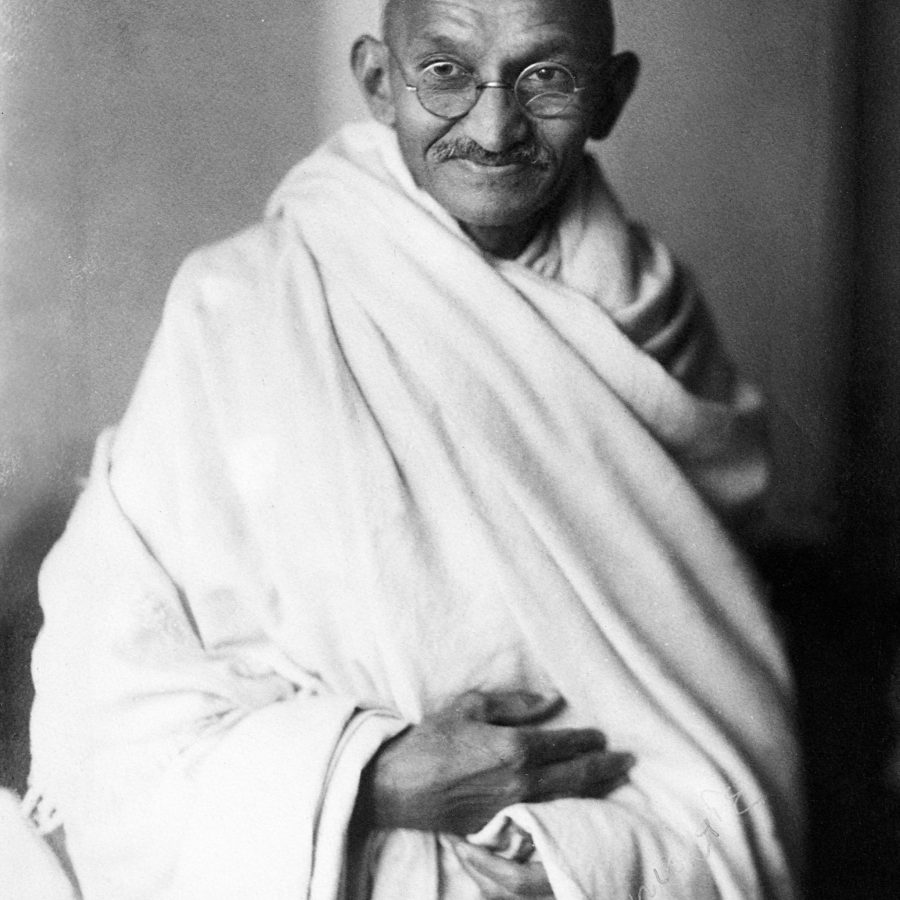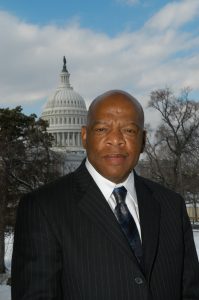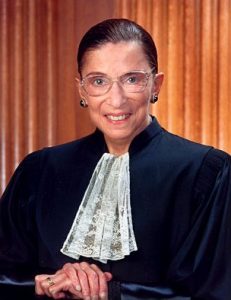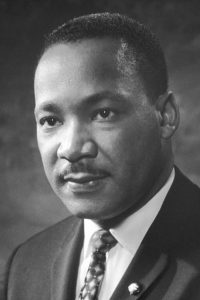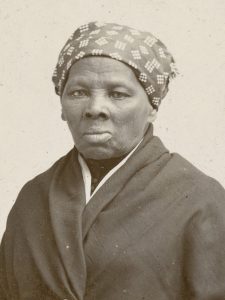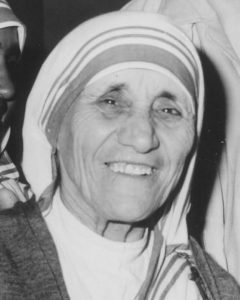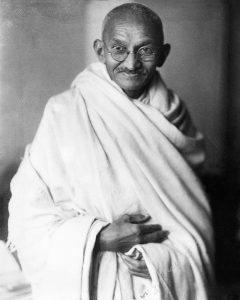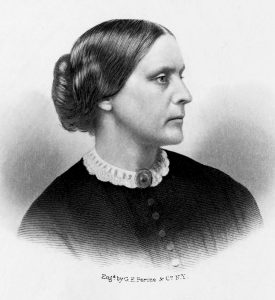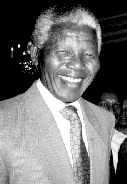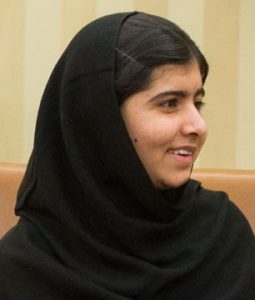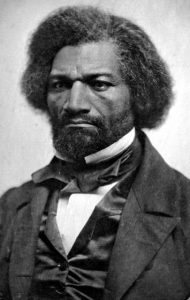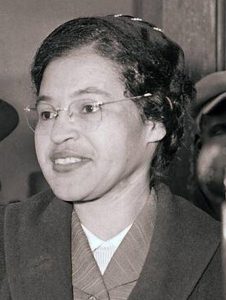Mahatma Gandhi
(1869–1948)
Mohandas Karamchand Gandhi, known as Mahatma (“Great Soul”), was born on October 2, 1869, in Porbandar, India. A lawyer turned activist, he pioneered the philosophy of nonviolent resistance, or satyagraha, which became a guiding light for movements worldwide. His leadership was instrumental in India’s struggle for independence from British rule.
Gandhi studied law in London before working in South Africa, where he faced racial discrimination that shaped his activism. It was there he developed the principles of nonviolent civil disobedience, leading campaigns against unjust laws targeting Indian immigrants.
Returning to India in 1915, Gandhi quickly became a leader of the Indian independence movement. He organized mass campaigns of noncooperation, boycotts of British goods, and peaceful marches. The 1930 Salt March, in which he led thousands to defy the British monopoly on salt, became one of the most iconic acts of civil resistance in history.
Gandhi’s philosophy was rooted in moral and spiritual conviction. He believed that true strength lay in love, truth, and nonviolence, not in domination or revenge. His approach inspired millions to join the cause and drew international attention to India’s struggle for self-rule.
Despite his influence, Gandhi faced imprisonment, criticism, and ultimately assassination in 1948 by a Hindu nationalist who opposed his vision of unity. His death was a profound loss, but his teachings continued to shape global movements.
Mahatma Gandhi is enshrined in the Good Trouble Makers Hall of Fame because his philosophy of nonviolent resistance transformed not only India but the world. His legacy inspired leaders from Martin Luther King Jr. to Nelson Mandela, proving that Good Trouble can dismantle empires without firing a shot.

